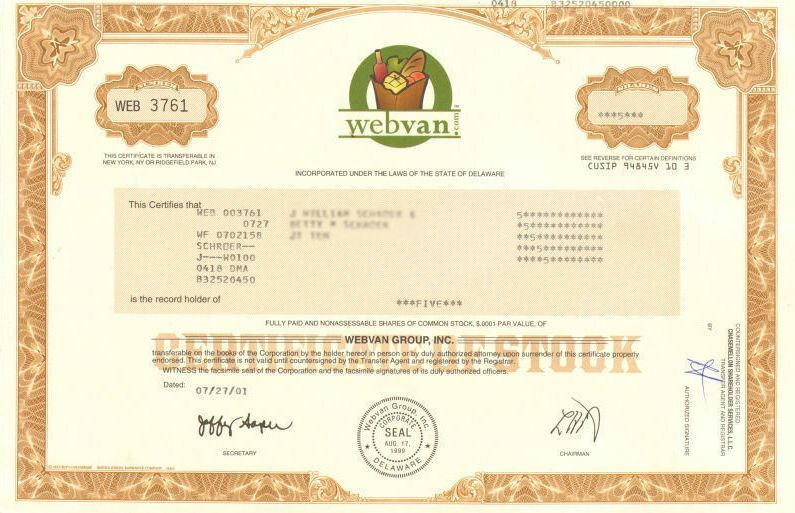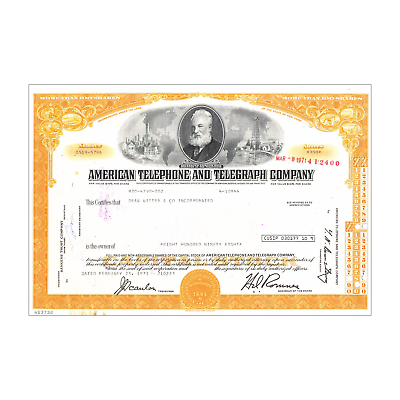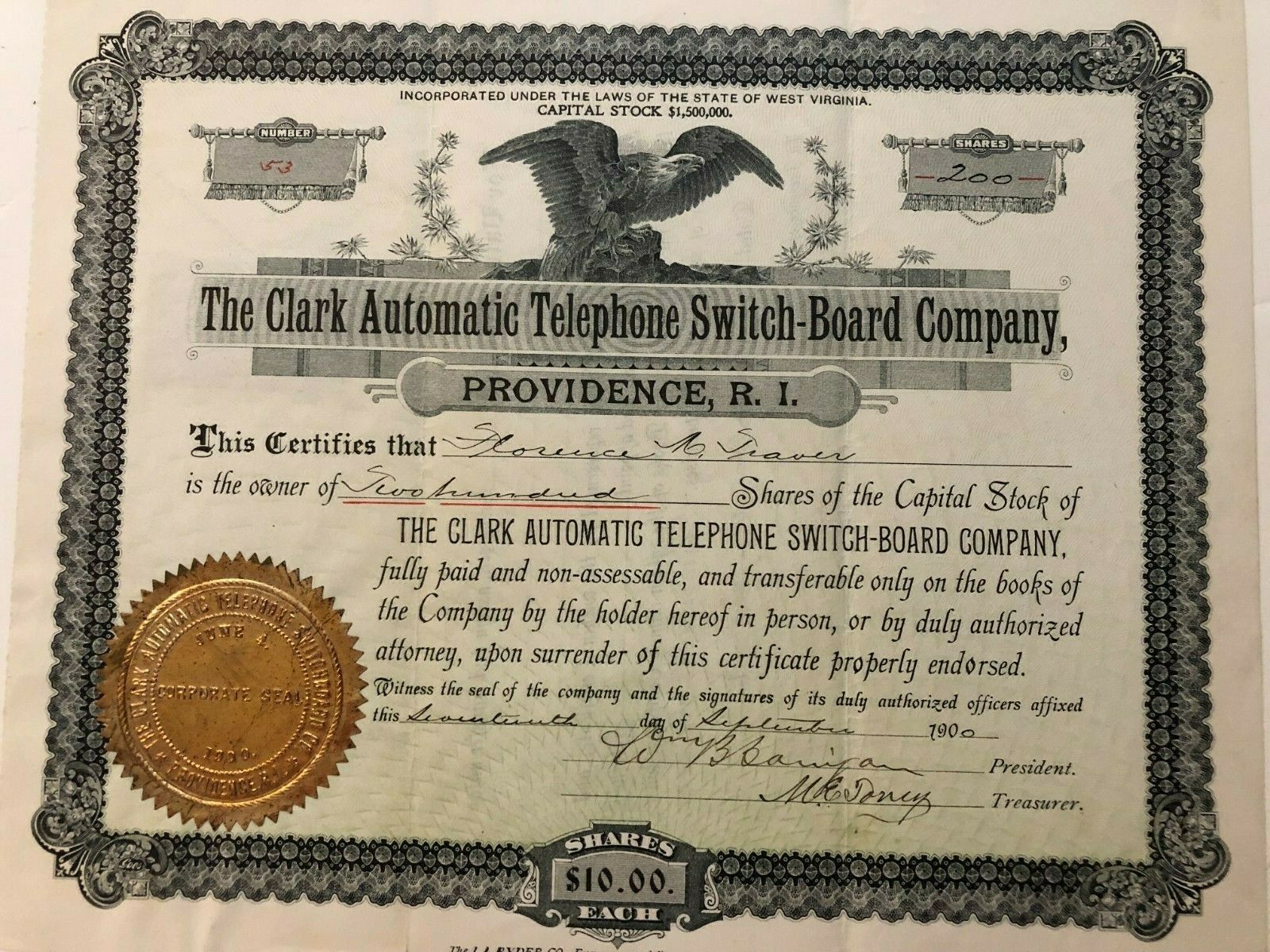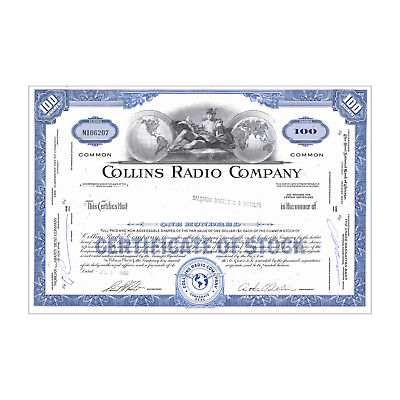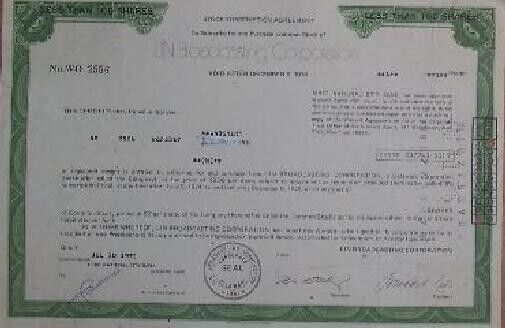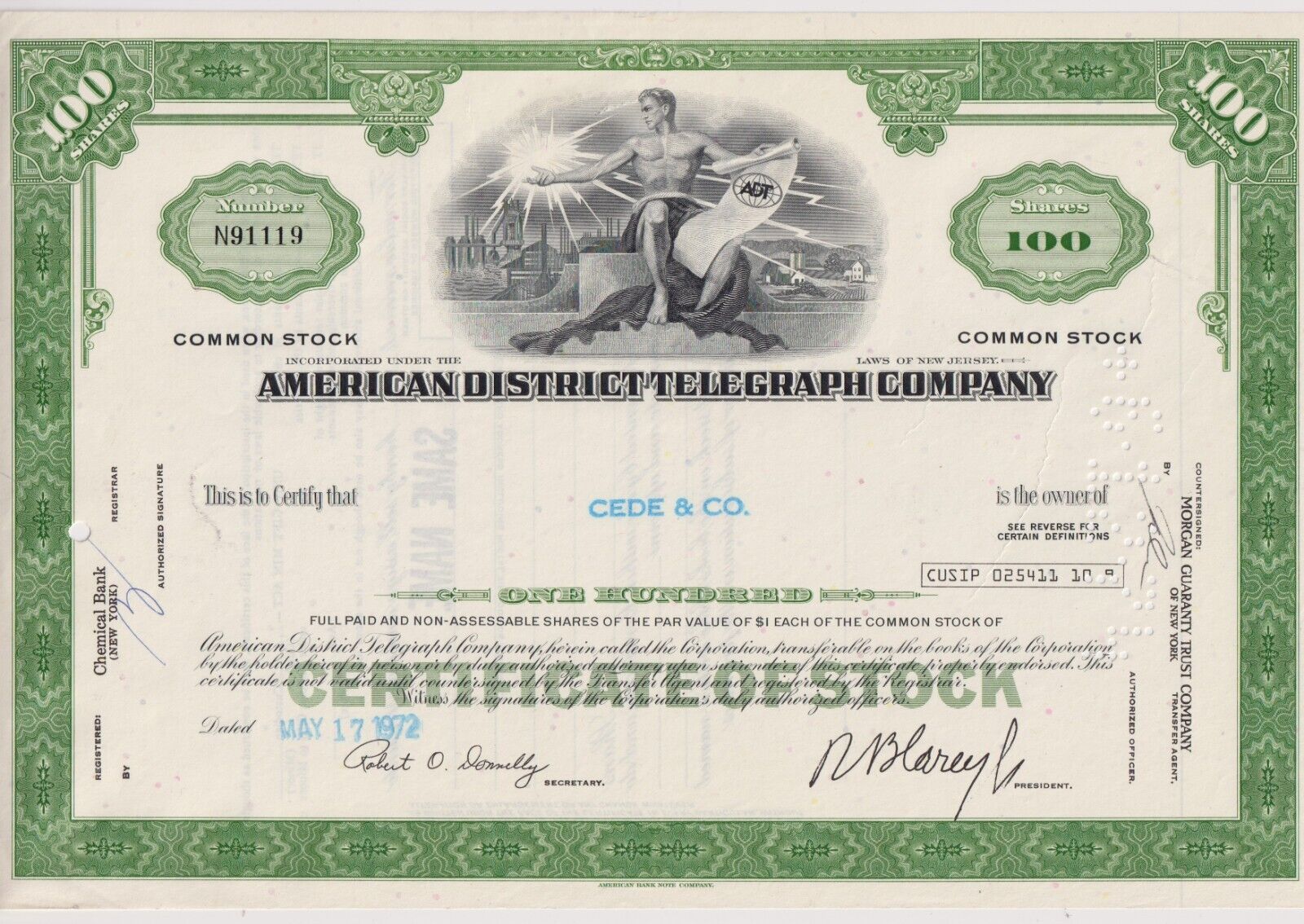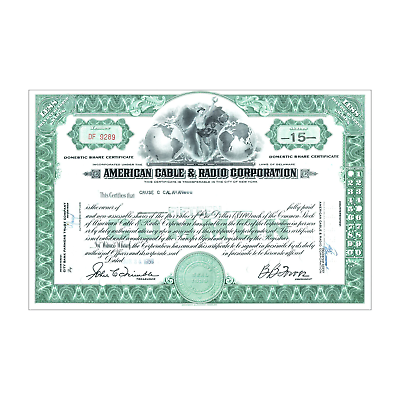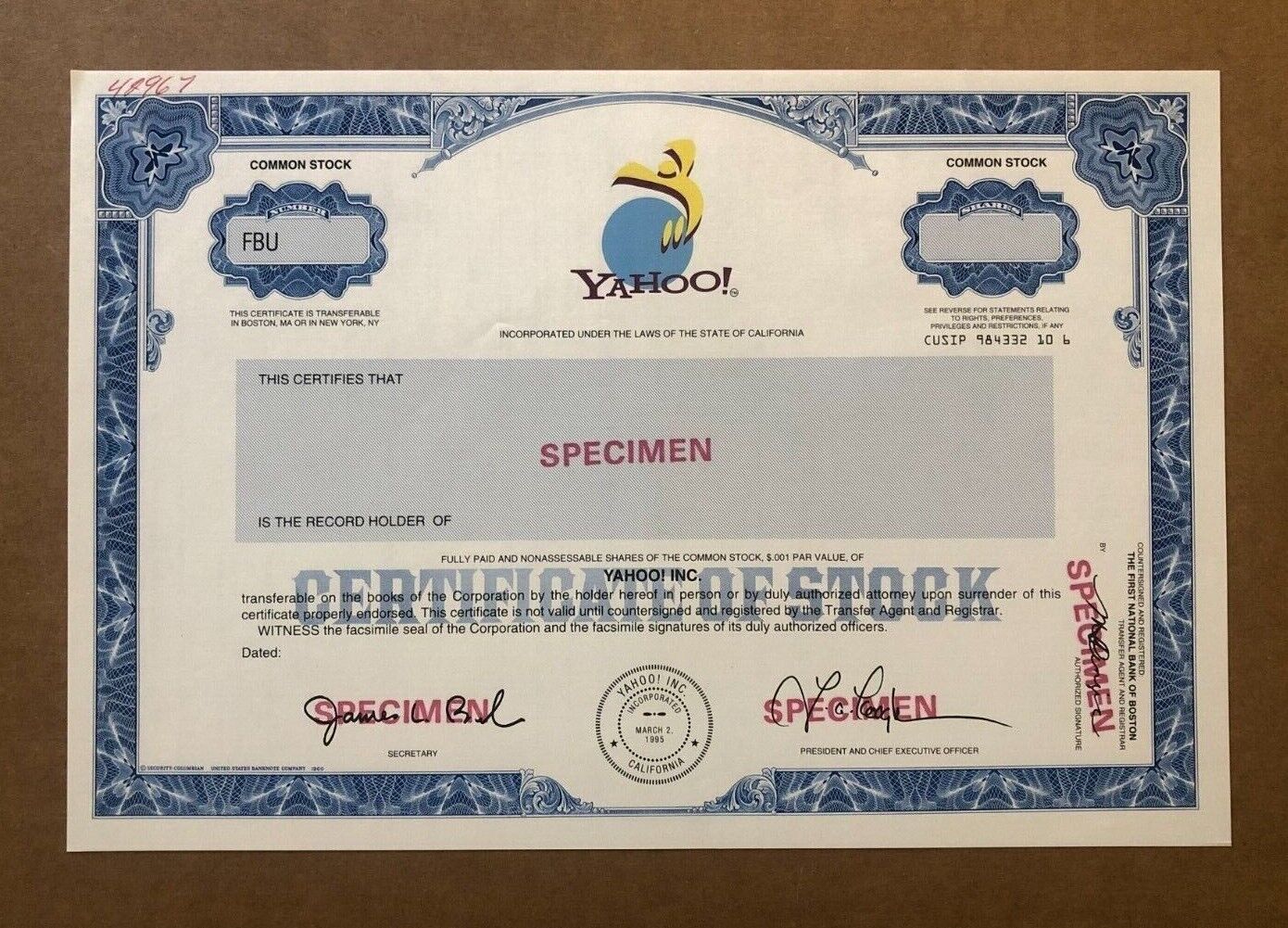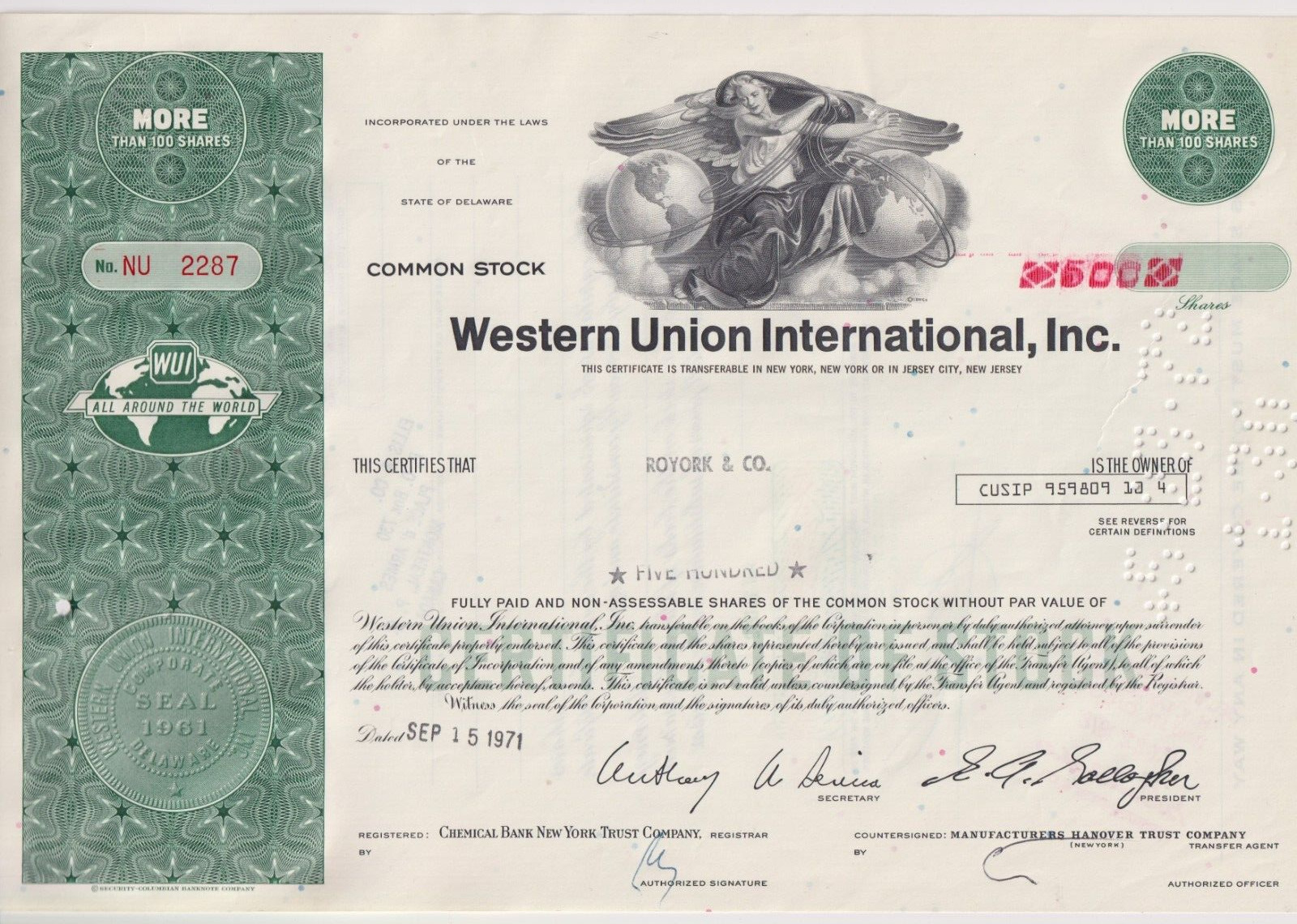-40%
webvan.com > online internet grocery website stock certificate > now Amazon
$ 26.39
- Description
- Size Guide
Description
Old Stock Yard Collectible Stock and Bond Certificateswebvan.com
Original stock certificate
Early internet company - now owned by Amazon
Attractive certificate with logo vignette
More information about Webvan:
Webvan was an online grocery business that went bankrupt in 2001. It was headquartered in Foster City, California, USA, near Silicon Valley. It delivered products to customers' homes within a 30-minute window of their choosing. At its peak, it offered service in ten US markets: San Francisco Bay Area, Dallas, San Diego, Los Angeles, Chicago, Seattle, Portland, Atlanta, Sacramento, and Orange County. The company had hoped to expand to 26 cities. In June 2008, CNET named Webvan the largest dot-com flop in history, placing it above Pets.com and eight other sites on its list. It is now owned and operated by Amazon.com.
Webvan was founded in the heyday of the dot-com bubble in the late 1990s by Louis Borders, who also co-founded the Borders bookstore in 1971. Webvan's original investors included Benchmark Capital, Sequoia Capital, Softbank Capital, Goldman Sachs, and Yahoo!, who encouraged it to rapidly build its own infrastructure (the first-mover advantage strategy popularized by Amazon.com) to deliver groceries in a number of cities. Some journalists and analysts blamed this serious error of judgment on the fact that none of Webvan's senior executives (or major investors) had any management experience in the supermarket industry, including its CEO George Shaheen who had resigned as head of Andersen Consulting (now Accenture), a management consulting firm, to join the venture.
Webvan tried to embrace a total customer satisfaction model involving a 30-minute window delivery without considering that many working customers would like their groceries delivered at home and at night. HomeGrocer, a similar company, started operating the year before Webvan. It went public in March 2000 and, like Webvan, was losing large amounts of money. On 26 June 2000, Webvan bought out HomeGrocer. -Information from Wikipedia
Old Stock Yard Policies and FAQs
Please visit my eBay store
any combined certificate purchased
ship free
with auction items!
Shipping and Handling Charges:
.99 for one certificate to the U.S.
.99 for one certificate to the rest of the world
Additional, combined certificate purchases
ship for free
!
Shipping Method and Timing:
Certificates are carefully packaged in poly bags and rigid envelopes to protect them during shipment. Items are sent via U.S.P.S. – usually first class, but occasionally priority or parcel post. Most items will be mailed within 48 hours of payment.
Payment Method:
In accordance with
eBay
policy, my listings are setup to accept
PayPal
payments. Sellers are allowed to accept other forms of payment only if the buyer requests another payment method – so if you prefer to pay using a method other than PayPal, please let me know.
Return Policy:
Items can be returned for any reason within 15 days of purchase. A full refund will be issued upon receipt of the return if the item is the same condition it was in upon delivery.
FAQs:
Are you your certificates authentic or copies?
Everything
I sell is original and authentic. I do not sell copies or reproductions.
Is the certificate pictured the exact one I will receive?
Usually, yes. Occasionally, I do list certificates of the same type without rescanning. In this case, the certificate you receive will be virtually identical (same color, size, vignette, etc.) to the one pictured. Again, if you ever receive anything from me you are not 100% pleased with, you can return it for a full refund.
What is the best way to store, protect, and display my certificate collection?
The best thing, by far, that I have come across for storing certificates are
profolios and sleeves made by Itoya
. You can purchase them in my eBay store. I have several sizes available.
Do the certificates you sell have financial value?
No, these certificates are sold as collectibles only; although they are authentic, they no longer hold financial value.
